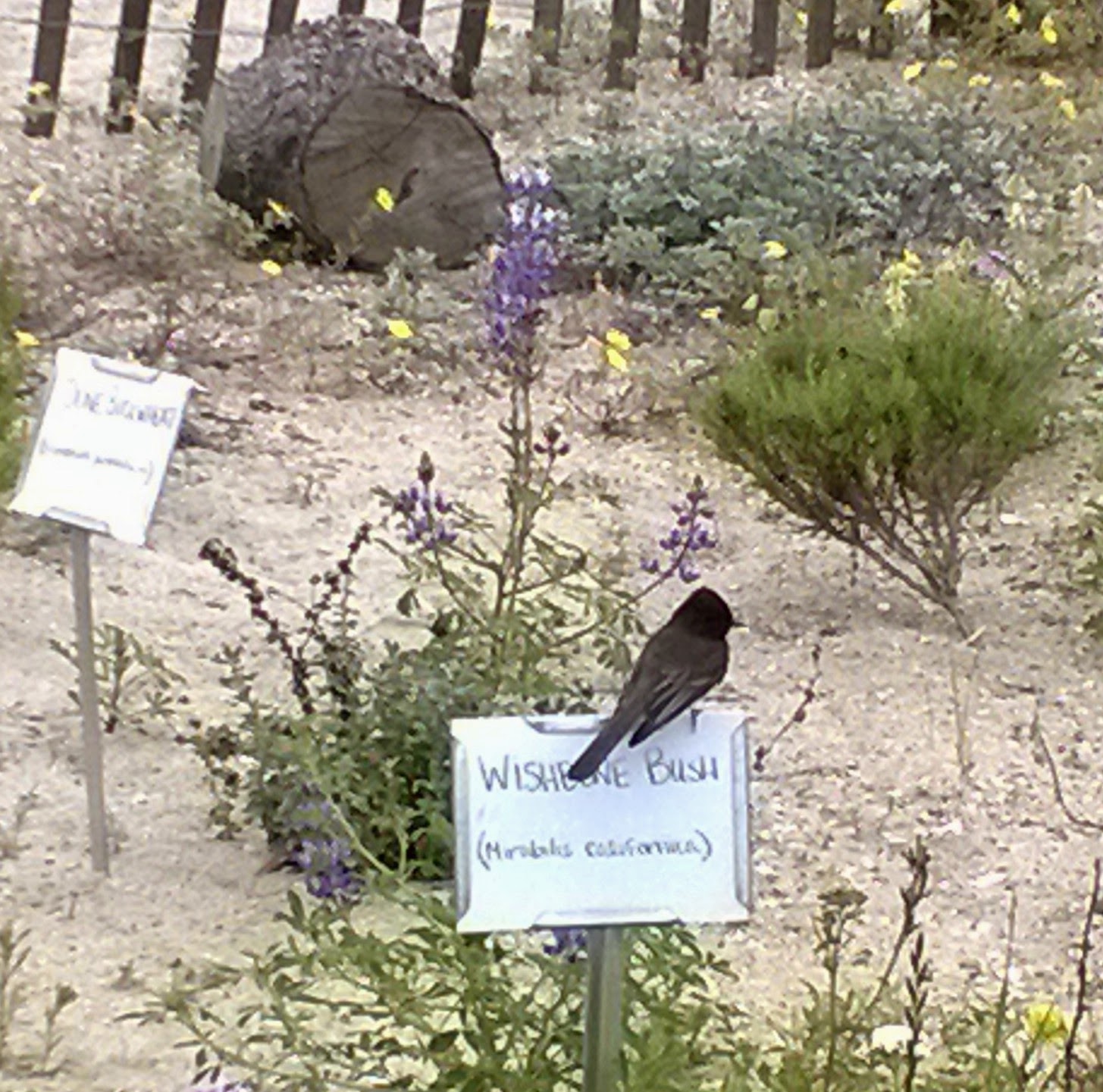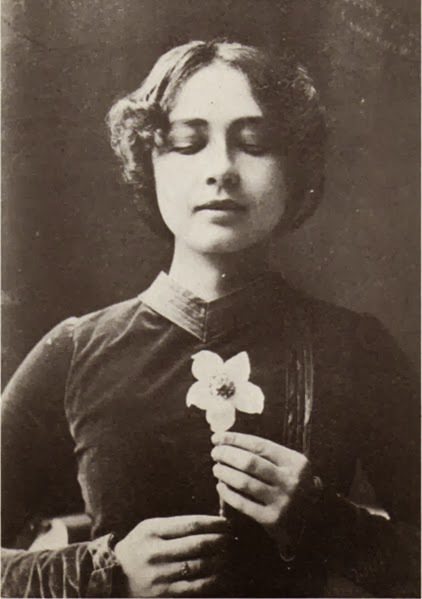Nabokov re the Mysteries of Life and Writing
These quotes are from Strong Opinions . From an interview with Alvin Toffler (think I met/saw him once long long ago) which appeared in Playboy (January, 1964). *** You have also written that poetry represents "the mysteries of the irrational perceived through rational words." But many feel that the "irrational" has little place in an age when the exact knowledge of science has begun to plumb the most profound mysteries of existence. Do you agree? This appearance is very deceptive. It is a journalistic illusion. In point of fact, the greater one's science, the deeper the sense of mystery. Moreover, I don't believe that any science today has perceived any mystery. We, as newspaper readers, are inclined to call "science" the cleverness of an electrician or a psychiatrist's mumbo jumbo. This, at best, is applied science, and one of the characteristics of applied science is that yesterday's neutron or today's truth dies tomorrow...








